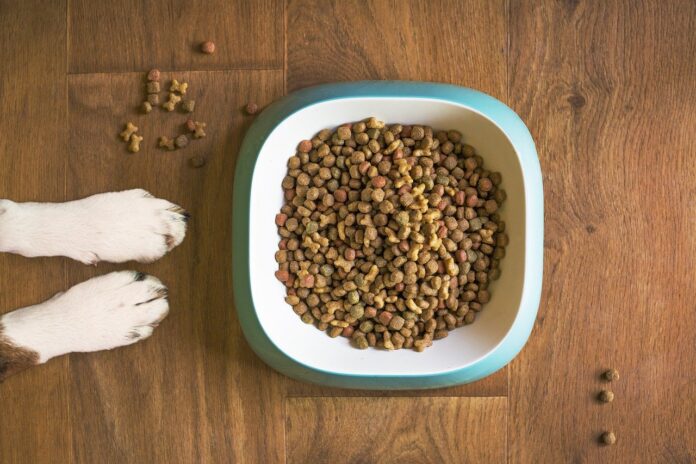Smart Strategies for Reducing Dietary Sodium in Pets with Heart Disease
Heart disease is a prevalent health issue affecting approximately 10-15% of dogs and cats, particularly among certain breeds. As a pivotal aspect of managing this condition, proper nutrition is essential for these animals. One of the most critical components of their dietary management is the reduction of sodium intake.
The Importance of Sodium Reduction
For pets diagnosed with heart disease, sodium can significantly impact their overall health. This mineral, commonly found in pet food and various treats, plays a significant role in fluid balance and blood pressure regulation. Thus, minimizing sodium intake is crucial in the nutritional strategy for pets with cardiac issues.
Consulting with Your Veterinarian
It’s important to consult with your veterinarian regarding dietary recommendations tailored to your pet’s specific needs. The Tufts HeartSmart website offers an annually updated list of low-sodium diets for both dogs and cats, serving as a valuable resource for pet owners.
Identifying Sources of Sodium
While many pet owners focus on the main diet as the primary source of sodium, it’s essential to consider all the other foods and treats they offer to their pets. Sodium can be found in:
- Pet food
- Treats
- Table scraps
- Rawhides and bully sticks
- Dental chews
- Dietary supplements
- Toothpaste
Surprisingly, in some instances, treats and supplementary items may contribute more sodium than the regular pet food itself. Therefore, it’s crucial for pet owners to be mindful of all sodium sources while formulating their pet’s diet.
Are You Sodium Savvy?
Most pet owners may not realize the cumulative sodium intake their pets are consuming daily. To help you assess your knowledge and understanding, I have designed a quiz to determine your sodium-savvy skills when it comes to managing your pet’s dietary needs. Start the quiz!
Conclusion
Managing dietary sodium intake is an essential aspect of caring for pets with heart disease. By consulting with your veterinarian and being mindful of all food sources, you can help improve your pet’s health and quality of life. Remember, every small change in their diet can make a significant difference in their well-being.











